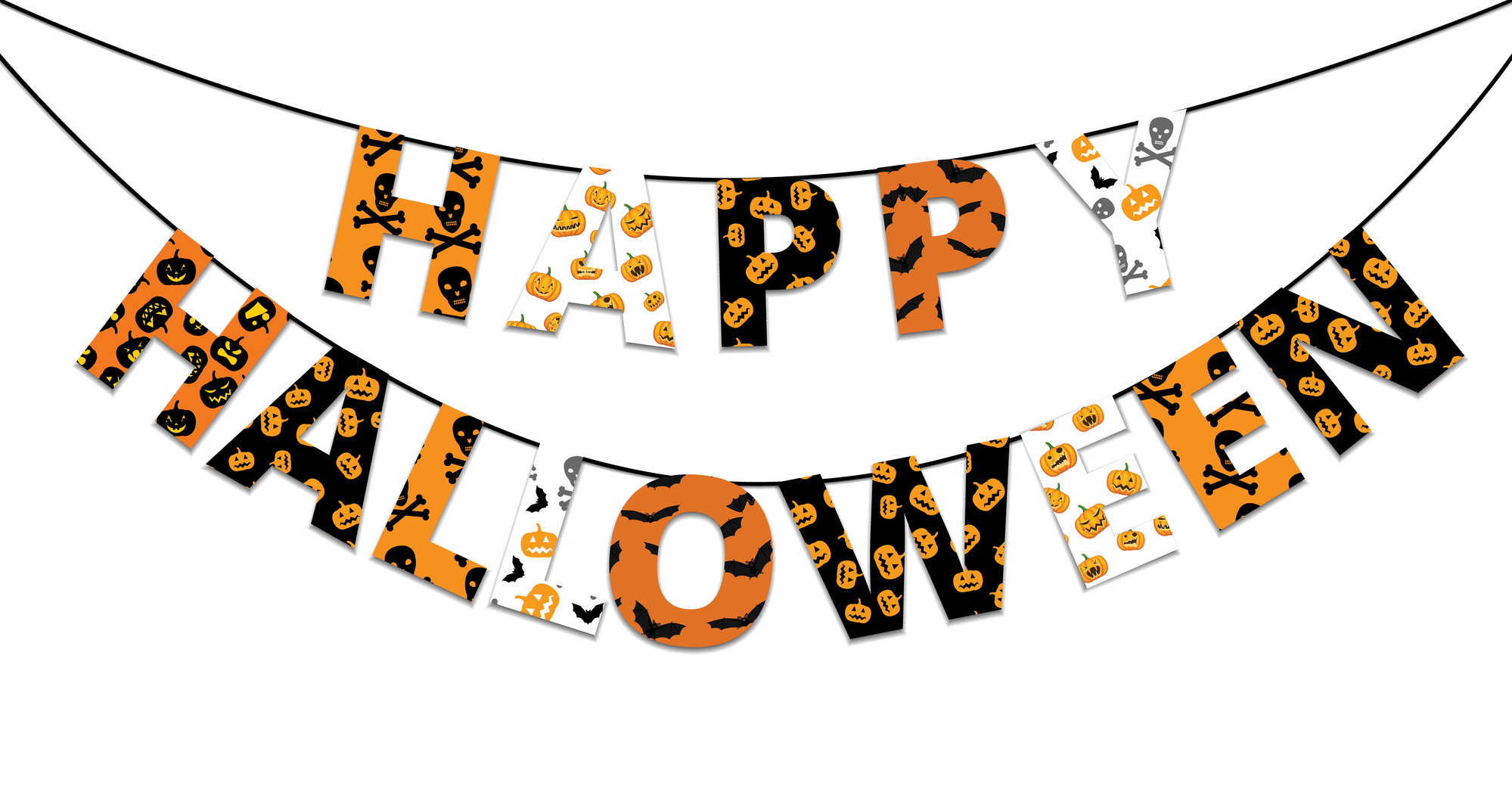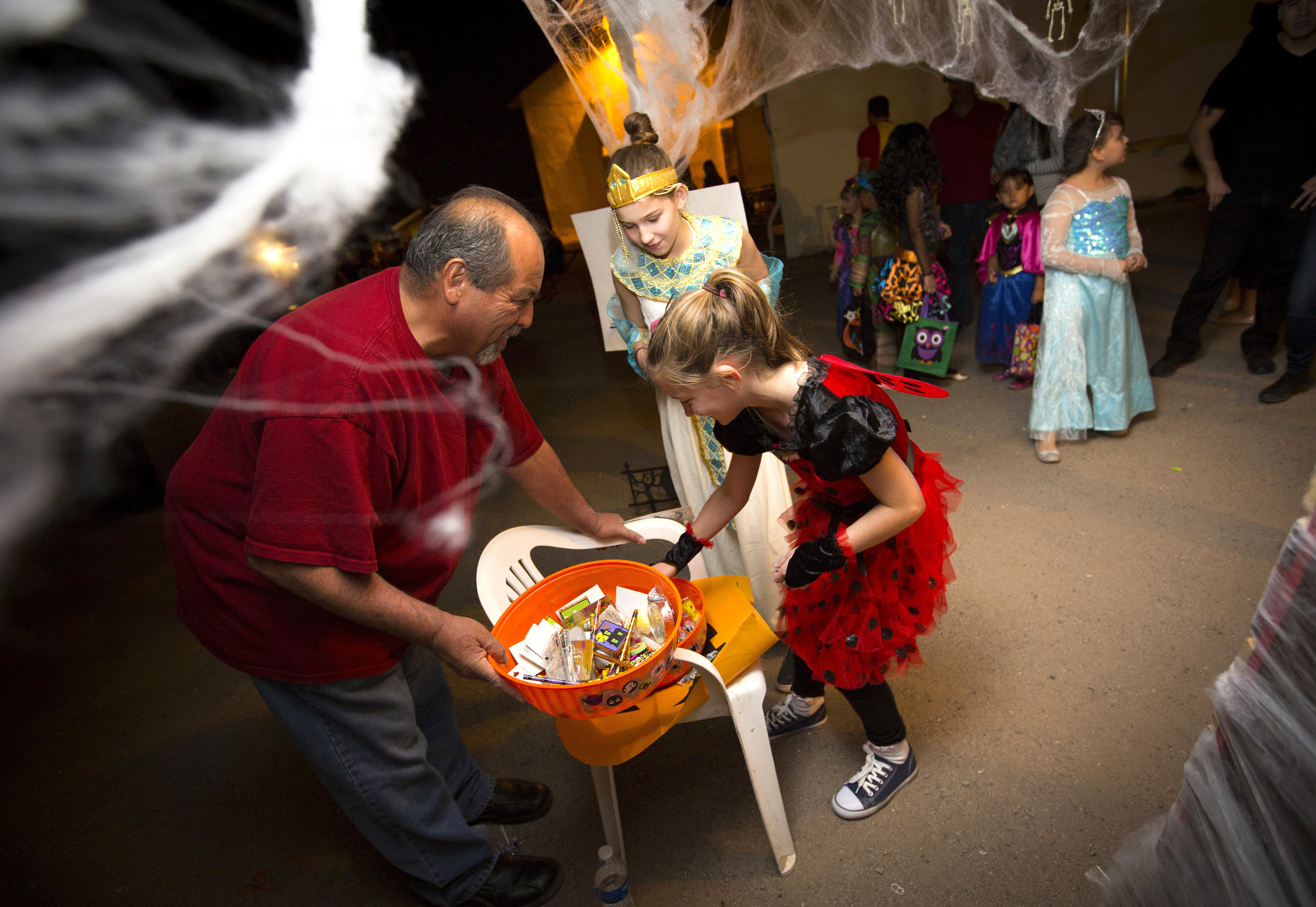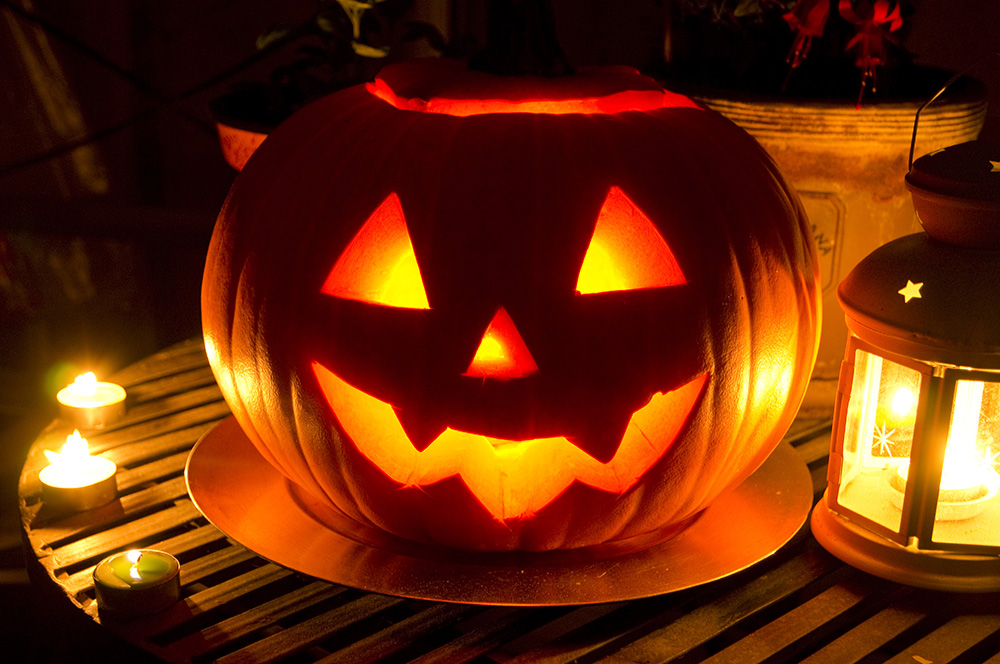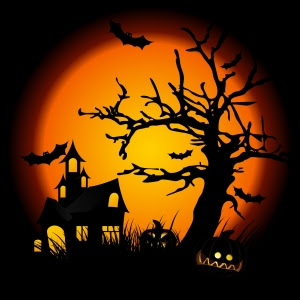Gallery
Photos from events, contest for the best costume, videos from master classes.












Halloween is the eve of All Saints Day, a feast that honors the saints in heaven and the holy souls in purgatory. Learn how Halloween became a secular and occult celebration and how Catholics can reclaim its original meaning and beauty. While some people have connected Halloween to earlier pagan celebrations of the new year, Halloween actually has significant Catholic roots. The name itself comes from All Hallow’s Eve – that is, the Vigil of All Saints’ Day, when Catholics remember those who have gone before us to enter our heavenly home. Immediately afterwards, on The word “Halloween” comes from All Hallow's Eve. All Hallows Eve is the vigil of All Saints Day —also known as All Hallows Day. The word “hallow” means “holy.” (In the Our Father we pray, “Hallowed be thy name.”) All Saints Day is a Holy Day of Obligation, and thus a major feast on the Catholic Church's liturgical calendar. The day after Halloween, All Saints Day, is a holy day of obligation. Here in the United States, the celebration of Halloween on October 31st includes trick-or-treating on Halloween night, jack o lanterns, and other activities. For more information on Halloween, including its origins, see these various Catholic Answers resources. Halloween has deep roots in the Celtic harvest festival of Samhain and the Christian feast of All Saints Day. Learn how Catholics have celebrated or avoided the holiday over time and how Covid-19 may change the traditions. As a result, the distinctly Catholic nature of Halloween became more and more muted, and it was Catholics pulling back from their own festival that gave rise to the contemporary version of Halloween. The ghoulish version of the festival that we have today is, in many respects, a result of Catholic accommodation to a Protestant culture. The Triduum of Allhallowtide begins on Halloween on Oct. 31 and concludes with All Souls’ Day on Nov. 2. All Saints’ Day is on Nov. 1. In an episode of EWTN’s “Living Divine Mercy,” Father Chris Alar, MIC, shares the holiday’s historical Catholic roots. The celebration of Halloween has dual origins. The first is in a pre-Christian Celtic feast associated with the Celtic New Year. The second is in the Christian celebration of All Saints Day (Nov. 1st) and All Souls Day (Nov. 2). In the British Isles November 1st is called All Hallows, thus the evening before is All Hallows Eve. The Celtic Feast. Halloween's origins can be traced to the Celtic holiday of Samhain, a druidic festival held on October 31. Samhain was the moment when the spiritual world became visible to humans, and the gods Halloween is another word for “All Hallows’ Eve”—the eve of All Saints’ Day. In the old Church calendar, the Vigil of All Saints was a liturgical event. It had its own Mass, where the priest would vest in penitential purple, the usual color for vigils. He would don white in the evening for the First Vespers of All Saints, which marked The Church canonizes only Catholics as examples for the faithful, but recognizes that those in ignorance of the truth of the Catholic Faith can still live for Christ and die for Christ. In the 20th Century the numbers of non-Catholic martyrs under the Nazis and Soviet systems alone is likely in the many thousands, as well as the innumerable However, the celebration of Halloween typically overshadows the commemoration of All Saints’ Day. Most of us realize that Halloween is in reality the vigil of All Saints’ (“Allhallows Eve” or “Hallow E’en”), but All Saints’ Day itself has become a bit of an afterthought. It shouldn’t be this way! More about All Saints' Day from Wikipedia. All Saints' Day (in the Roman Catholic Church officially the Solemnity of All Saints and also called All Hallows or Hallowmas [1]), often shortened to All Saints, is a solemnity celebrated on 1 November by parts of Western Christianity, and on the first Sunday after Pentecost in Eastern Christianity, in honor of all the saints, known and unknown. "Halloween" has also been translated to "Eve of All Hallows," which was a holy day celebrating the day before All Saints Day, that Reverend Richard Donohoe, the vicar of Catholic Charities for the Diocese of Birmingham, described as "a celebration of the communion of saints, those people we believe are in heaven, through good works and God's Will Wright lives in Phoenix with his wife and sons and is a History and Religion Teacher at St. John Paul II Catholic High School. He is an adjunct instructor and Institute Fellow with the Institute of Catholic Theology in Phoenix and an instructor at the Kino Catechetical Institute. Hallow, in Old English, means "holy" or "sacred." Therefore, "Hallows' Eve," or "Halloween," simply means "the evening of holy persons" and refers to the evening before All Saints Day, which is this day, November 1, on both Anglican and Catholic calendars. Halloween is a mixture of Celtic religious ideas and Christian martyrology. All Hallow’s Eve (Halloween), All Saints’ Day (November 1), and All Souls’ Day (November 2) make up what is traditionally called Hallowtide. The spooky skeletons and ghosts and death imagery of Halloween celebrations are part of the Catholic tradition of Memento Mori or “Remember you must die,” dating back to at least the Medieval Era. Includes the Catholic Encyclopedia, Church Fathers, Summa, Bible and more — all for only $19.99 The vigil of this feast is popularly called "Hallowe'en" or "Halloween". Solemnity celebrated on the first of November. Roman Catholics believe that the souls of the faithful who at death have not been cleansed from their sins and punishment could not attain heaven and are instead sent to purgatory. It was believed, based on certain books of the Catholic Bible, that these trapped sous could be helped by prayer. The origin of All Saints’ Day cannot be traced with certainty, and it has been observed on various days in different places. A feast of all martyrs was kept on May 13 in the Eastern church according to Ephraem Syrus (died c. 373), which may have determined the choice of May 13 by Pope Boniface IV when he dedicated the Pantheon in Rome as a church in honour of the Blessed Virgin and all
Articles and news, personal stories, interviews with experts.
Photos from events, contest for the best costume, videos from master classes.











